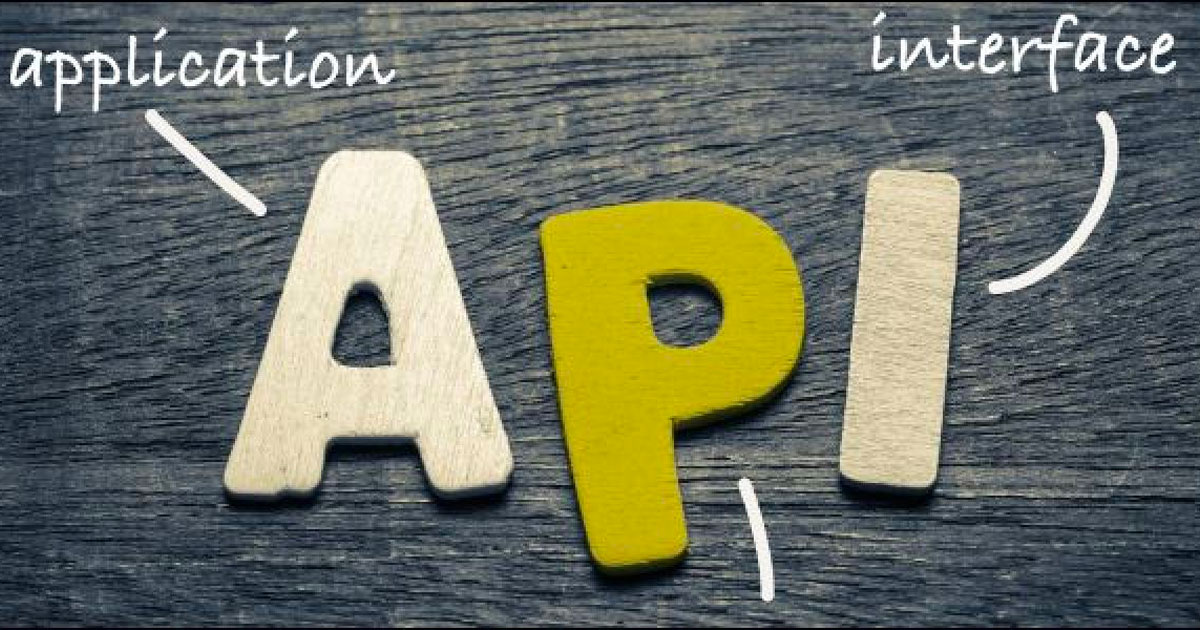This blog post was prompted by the Supreme Court’s recent denial in hearing the case of Oracle vs. Google with regards to Google copyrighting APIs and infringing on Oracle’s Java intellectual property. This case brings up the following important question: Are APIs part of a developer’s unalienable rights?
History of APIs
APIs have existing for long time. One of the earliest adopters of public APIs was IBM through its CORBA standard. It was only the advent of the web API, however, that allowed for developers to contribute to a product. Kin Lane, the API Evangelist has done a great job of tracing the history of the web API, noting some companies that you might have heard of.
Next stop: The human genome
Today’s API economy has been vital for the success of all types of firms across many industries in the field of technology. In fact, all industries have become reliant on the developer community through the use of APIs. Modern-day evangelists (thank you, Guy Kawasaki) are responsible for promoting a vendor’s cause and having developers build against the vendor’s platform and/or ecosystem. For all you tech heads, APIs are everywhere. There’s even talk that scientists may develop an API for a human’s genetic code.
What does an API do?
APIs expose some of a program’s internal functions to the outside world while connecting application elements and services together. In fact, publishing APIs is about the only way that a company can transition from being a single product software to a complete platform. APIs and SDKs go hand-in-hand. An SDK is usually a library that developers can use to make it easier to work with an API, without having to work at the code level. For example, at Go2Group, our ConnectALL GUI uses an SDK that makes it easier to interact with our REST API through a Javascript format. APIs, created for developers, are the technical underpinnings – the functions, methods, and classes that make a system work. APIs are vital not only to the establishment of a developer community but to the evolution of the product vendors themselves as well. Need examples of companies that have taken advantage of exposing their APIs? Facebook, LinkedIn, Salesforce, Twitter, and Uber, to name a few. In 2014, by opening its API to developers Uber evolved from providing a Google Maps interface for the popular car-sharing application to a multiple application hub. Software application vendors that harnessed the power of the Uber API included OpenTable (restaurants), Starbucks (coffee shops), and United Airlines (travel). All these applications that are used in a person’s day-to-day life suddenly allowed for efficiency by accessing a single application that could now “pass a destination address to a Uber app, display pickup times, provide fare estimates, access trip history, and more,” according to the announcement on the Uber blog post. In 2013, Intel bought API management vendor Mashery for $180 million. The goal: to transition from being a chip vendor to offering data center services. That same week, CA followed suit and purchased Layer 7 for $155 million. So should APIs be free? Are they copyrightable? By law, the functionality of a computer program and the programming language it is written in cannot be protected by copyright, so shouldn’t this translate into APIs not being copyrightable?
The API legal battle
Here’s the court case history leading up to this summer’s ruling: Oracle sued Google in 2010, alleging that Google’s use of 37 Java APIs in its Android mobile operating system constituted patent and copyright infringement. Google argued that it was and should be free to use those APIs because the Java programming language itself is free to use and the APIs are required in order use the language. In May of 2012, the jury of a district-level US court found that Google, in the development of its Android operating system, did not infringe on Oracle’s Java-related patents. The trial judge also ruled that the “structure, sequence, and organization” of the Java APIs was not copyrightable. Advantage: APIs for the masses. In 2014, Oracle appealed to a Federal Circuit court, which partially reversed the district-level court’s decision, ruling in favor of Oracle on the copyright issue. Advantage: Oracle, patent holders, and all originators of technology. Finally, the Supreme Court’s recent June 2015 denial to hear the case of Oracle vs. Google and return the case to the lower-level courts led to the current API stalemate. Where should the line be drawn and what constitutes intellectual property? Where would Linux be if it wasn’t for the developer community? We at Go2Group will watch what develops with eagerness. Our ConnectALL platform allows for developers to build their own adapters by giving access to our API. In short, we are exposing our API for all to use. In our previous plugin integrations, we had to create our own API services. ConnectALL, however, only uses remote APIs. In fact, our REST API has to be public so that an external script can push the requested data from any integrated ALM application to ConnectALL to synchronize data.
Subscribe to the blog
Check out other posts on the blog
- Celebrating Women in Technology: The Betty Knight ConnectALL Technology Scholarship Takes Its Second Stride
- Best Value Stream Management Tool: What Is ConnectALL’s Secret Sauce?
- Control the Flow in Your Software Delivery Value Stream Like Never Before: Introducing Logic Flow Adapters and Other Advanced Automation Capabilities in ConnectALL v2.11

Johnathan McGowan is a Sr Solutions Architect at ConnectALL. He is responsible for customer-facing technical resource for the ConnectALL integration tool. He works with Account Managers to assess prospect needs and build demo integration solutions, guide prospects through product evaluations, and assist clients with their production deployments.


